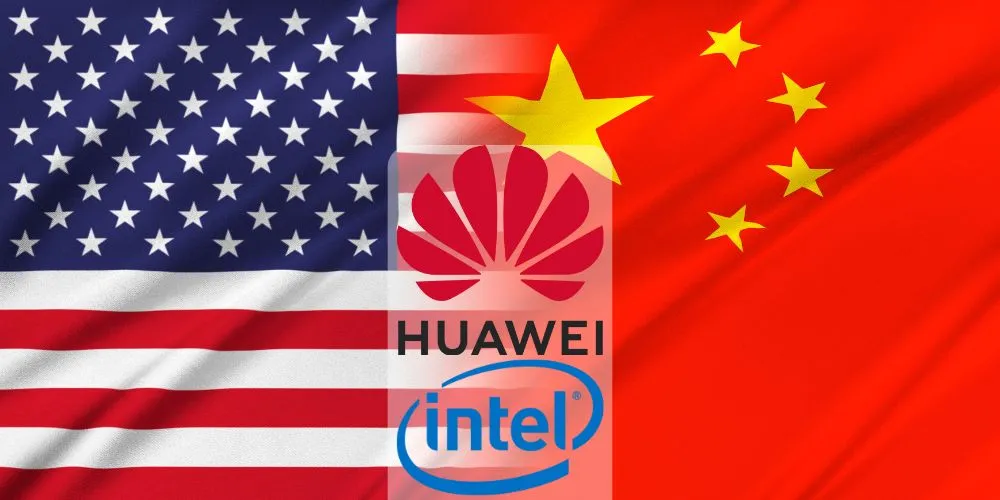Key Points:
- Republican U.S. lawmakers criticize the Biden administration over Intel AI chip shipments to Chinese telecoms equipment giant Huawei for new laptops.
- Intel has been shipping processors to Huawei under a preexisting license, which is not covered by recent restrictions on AI chip shipments to China.
- Huawei’s technological advancements raise concerns among U.S. policymakers about China’s resilience in the face of trade restrictions.
- Lawmakers express frustration over continued approvals for Huawei, calling for stronger action from the Biden administration.
Republican U.S. lawmakers have expressed sharp criticism of the Biden administration following the unveiling of a new laptop by Chinese telecoms equipment giant Huawei, powered by an Intel AI chip. The United States placed Huawei on a trade restriction list in 2019 to curb China’s technological advancements. This listing requires Huawei’s suppliers to obtain a special license before shipping to the company.
Since 2020, Intel has been able to ship central processors to Huawei for use in laptops under a license issued by the Trump administration. Although many China hardliners had urged the Biden administration to revoke this license, it was expected to expire later this year without renewal. The unveiling of Huawei’s MateBook X Pro laptop, featuring Intel’s new Core Ultra 9 processor, has stirred controversy among lawmakers, suggesting that the Commerce Department approved shipments of the new chip to Huawei.
Republican Congressman Michael Gallagher, chair of the House of Representatives Select Committee on China, expressed bewilderment over the continued approval of U.S. technology shipments to Huawei, calling it “one of the greatest mysteries in Washington, DC.” However, sources familiar with the matter clarified that the chips were shipped under a preexisting license and are not subject to recent restrictions on AI chip shipments to China.
The Biden administration faces mounting pressure to take stronger action against Huawei’s technological expansion, especially as key licenses near expiration. Huawei’s recent developments, including a phone powered by a chip from sanctioned Chinese chipmaker SMIC, underscore China’s technological resilience despite U.S. efforts to limit its access to advanced semiconductors.
Kevin Kurland, an export enforcement official, acknowledged the significant impact of Washington’s restrictions on Huawei’s access to U.S. technology but emphasized that the goal is not to hinder Huawei’s growth but to prevent the misuse of U.S. technology for malign activities. However, his remarks did little to assuage frustration among Republican lawmakers, who called for an end to approvals for Huawei.
Republican congressman Michael McCaul voiced his dissatisfaction, stating that assurances given two years ago about halting licenses to Huawei have not been upheld. The ongoing approval of shipments to Huawei has reignited concerns among lawmakers about the effectiveness of U.S. policies toward Chinese technology companies.





